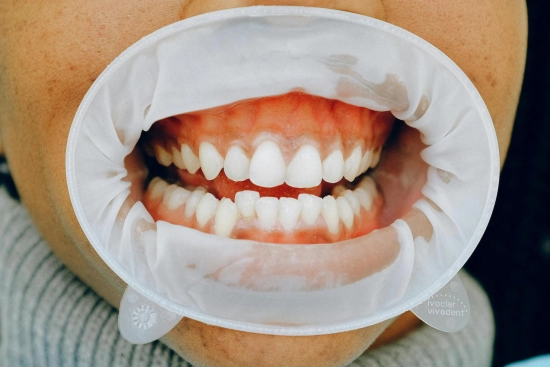The Interplay Between Diabetes and Oral Health: A Comprehensive Exploration

Introduction:
Diabetes is a chronic condition that affects millions of individuals worldwide. While its impact on blood sugar levels is well-known, the connection between diabetes and oral health is often overlooked. This article delves into the intricate relationship between diabetes and oral well-being, emphasizing the importance of comprehensive dental care for those living with diabetes.
1. Understanding Diabetes:
Diabetes is characterized by elevated blood sugar levels resulting from either insufficient insulin production (Type 1 diabetes) or the body's inability to use insulin effectively (Type 2 diabetes). This metabolic disorder can lead to a myriad of systemic complications, including cardiovascular issues, kidney disease, and a direct influence on oral health.
2. The Bidirectional Relationship:
-
a. Diabetes and Gum Disease:
Individuals with diabetes face a heightened risk of developing gum disease (periodontitis). Elevated blood sugar levels can impair the body's ability to combat bacterial infections, leading to increased plaque buildup and inflammation in the gums.
-
b. Gum Disease and Diabetes Management:
Conversely, gum disease can contribute to difficulties in managing diabetes. The inflammation associated with periodontitis can lead to insulin resistance, exacerbating blood sugar control challenges.
3. Common Oral Health Issues Associated with Diabetes:
-
a. Dry Mouth (Xerostomia):
Diabetes may cause a reduction in saliva production, leading to dry mouth. Saliva plays a crucial role in neutralizing acids and maintaining oral hygiene, so decreased saliva flow can contribute to an increased risk of cavities and infections.
-
b. Thrush (Candidiasis):
Weakened immune function and elevated glucose levels in the saliva can create an environment conducive to the overgrowth of Candida, resulting in thrush—a fungal infection that affects the mouth.
-
c. Delayed Wound Healing:
Diabetes can impede the body's ability to heal, including oral tissues. This can lead to slower recovery after dental procedures or an increased susceptibility to infections.
4. Importance of Regular Dental Check-ups:
-
a. Preventive Measures:
Routine dental check-ups are crucial for individuals with diabetes. Regular cleanings, examinations, and early detection of potential issues can significantly contribute to maintaining optimal oral health.
-
b. Collaborative Care:
Coordinated care between healthcare providers, including dentists and endocrinologists, is essential. Sharing relevant medical information allows for a holistic approach to managing both diabetes and oral health.
5. Daily Oral Care for Individuals with Diabetes:
-
a. Meticulous Oral Hygiene:
Brushing teeth at least twice a day and flossing daily are fundamental for preventing plaque buildup and maintaining healthy gums.
-
b. Controlling Blood Sugar Levels:
Keeping blood sugar levels within the target range is not only crucial for diabetes management but also for preventing oral health complications.
-
c. Hydration:
Staying well-hydrated helps combat dry mouth, reducing the risk of cavities and promoting overall oral comfort.
Conclusion:
The link between diabetes and oral health is undeniable, emphasizing the need for a holistic approach to healthcare. Individuals with diabetes can take proactive steps to preserve their oral well-being by maintaining meticulous oral hygiene, attending regular dental check-ups, and collaborating with healthcare professionals. By managing diabetes effectively and prioritizing oral health, individuals can enhance their overall quality of life and mitigate the potential complications associated with this complex metabolic condition.




